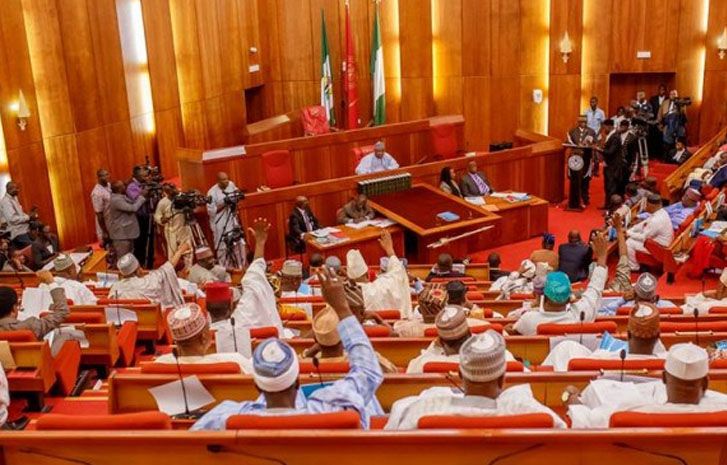Members of the Senate Committee on Constitution Review wrapped up a two-day retreat in Kano, reaching a consensus on granting full autonomy to local governments in the ongoing amendments to the 1999 constitution. However, opinions were split regarding the establishment of state police.
The senators, representing various geopolitical zones, voiced their support for empowering local governments, with Senate Leader Opeyemi Bamidele and other prominent lawmakers insisting that local government autonomy was long overdue. They argued that the independence of local councils would strengthen grassroots development and prevent state governors from undermining their authority.
Despite unanimous agreement on local government autonomy, the proposal to establish state police sparked debate. Supporters claimed it would enhance security, while opponents, such as Senator Ali Ndume, warned that governors might abuse state police powers to target political rivals.
In addition, senators from the South-East and South-South regions pushed for the creation of additional states to balance representation across the country’s geopolitical zones.


